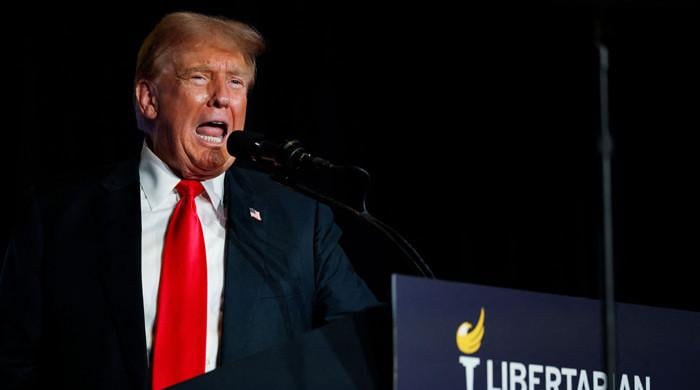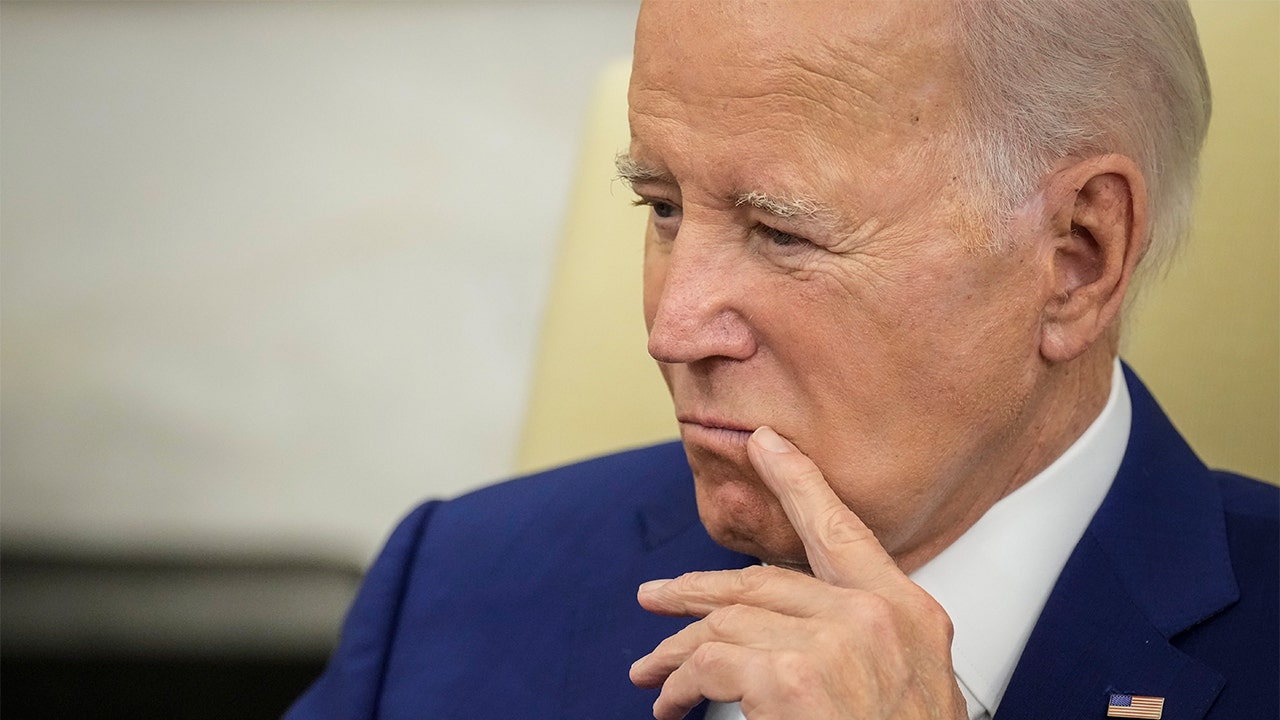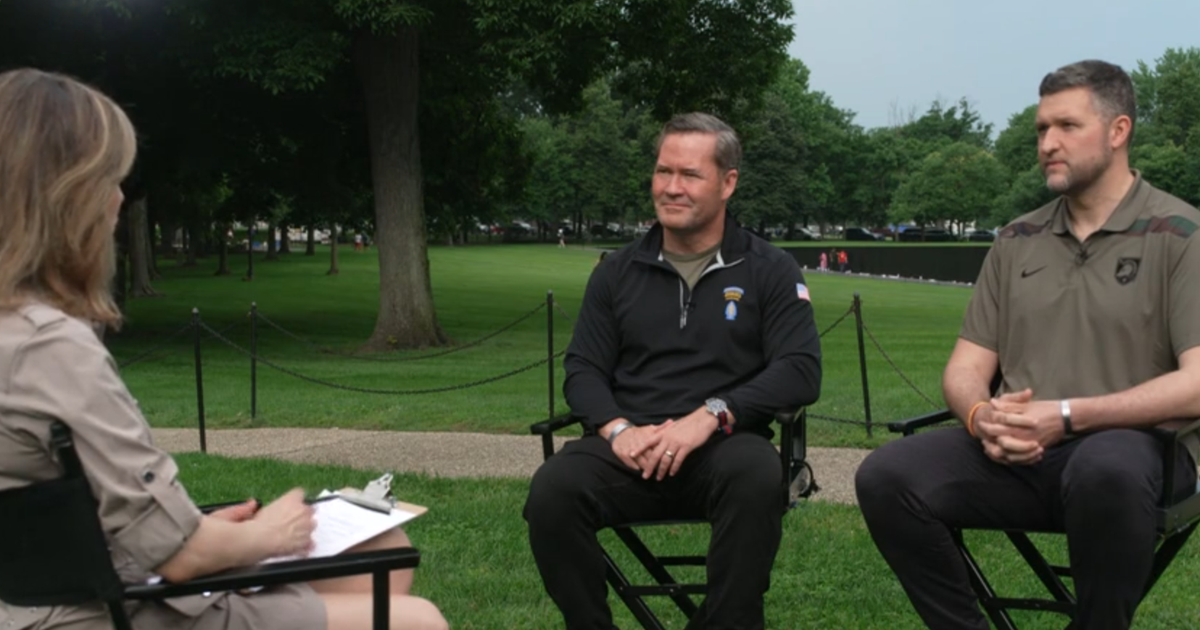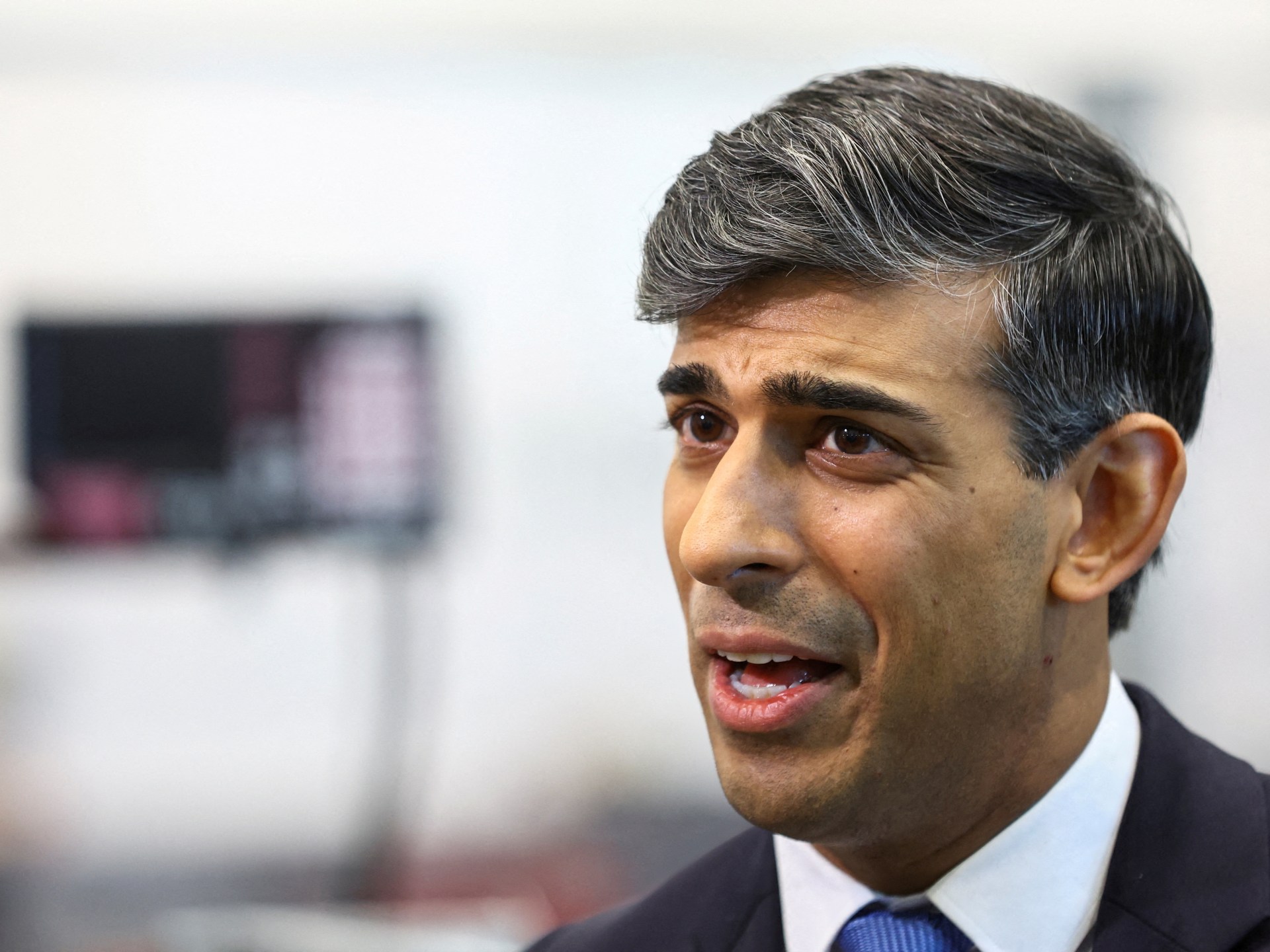World
UN team in Nagorno-Karabakh, a first in 30 years, as ethnic Armenians flee

The visit marks the first time in about three decades that the international body has gained access to the region.
A United Nations mission has arrived in Nagorno-Karabakh during a mass exodus of ethnic Armenians from the region after Azerbaijan recaptured the breakaway enclave last month.
An Azerbaijani presidency spokesman said the UN mission arrived in the region on Sunday morning, mainly to assess humanitarian needs.
The mission, led by a senior UN aid official, is the global body’s first access to the region in about 30 years.
Armenia has asked the International Court of Justice (ICJ) to order Azerbaijan to withdraw all its troops from civilian establishments in Nagorno-Karabakh and give the UN access.
The ICJ in February ordered Azerbaijan to ensure free movement through an area known as the Lachin Corridor leading to and from the region.
The World Health Organization on Sunday said well over 100,000 ethnic Armenians from Nagorno-Karabakh had travelled to neighbouring Armenia.
Armenian separatists, who had controlled the region for three decades, agreed to disarm, dissolve their government and reintegrate with Baku following a one-day Azerbaijani offensive last week.
‘Ghost town with no soul’
The end of Karabakh’s separatist bid dealt a heavy blow to a centuries-old dream by Armenians of reuniting what they say are their ancestral lands, divided among regional powers since the Middle Ages.
Nearly all of Karabakh’s estimated 120,000 residents fled the territory over the following days, sparking a refugee crisis.
Reporting from the Nagorno-Karabakh city that is called Stepanakert by Armenians and Khankendi by Azerbaijanis, Al Jazeera’s Osama Bin Javaid said tens of thousands of people deserted the area in the past few days in what can only be described as a “mass exodus”.
“Here in the town centre, if I go quiet, you will be able to hear nothing,” he said. “There is absolutely no one who is left here apart from some disabled and elderly.”
“A ghost town with no soul,” said Javaid, describing all that has been left behind.
The Azerbaijani presidency said Baku’s migration service has begun operating in the city to register Armenian residents to ensure their “sustainable reintegration … into the Azerbaijani society,” promising them the “patronage of the Azerbaijani state”.
Nazeli Baghdasaryan, a spokeswoman for the Armenian prime minister, said “100,490 forcefully displaced persons arrived in Armenia” by Sunday morning.
Yerevan has accused Baku of “ethnic cleansing” – an allegation Baku has rejected.
Armenia, a country of 2.8 million, faces a major challenge housing the sudden influx of refugees.
The International Federation of Red Cross and Red Crescent Societies on Friday announced an emergency appeal for 20 million Swiss francs ($22m) to help those fleeing.
Meanwhile, Azerbaijan is holding “reintegration” talks with separatist leaders while also detaining senior figures from its former government and military command.
Azerbaijan’s Prosecutor General Kamran Aliyev said criminal investigations had been initiated into war crimes committed by 300 separatist officials.
“I urge on those persons to surrender voluntarily,” he told journalists on Sunday.
Azerbaijan’s President Ilham Aliyev and Armenia’s Prime Minister Nikol Pashinyan are set to meet on Thursday in the Spanish city of Granada for Western-mediated talks aimed at ending their historic enmity.
With the two countries’ relations poisoned by ethnic hatred ensuing from three wars in as many decades, several rounds of negotiations mediated by Brussels and Washington have so far failed to bring about a breakthrough.

World
Macron heads to Germany in first French presidential state visit in 24 years

World
Hamas launches rocket barrage into Israel from Rafah, sounding alarms in Tel Aviv
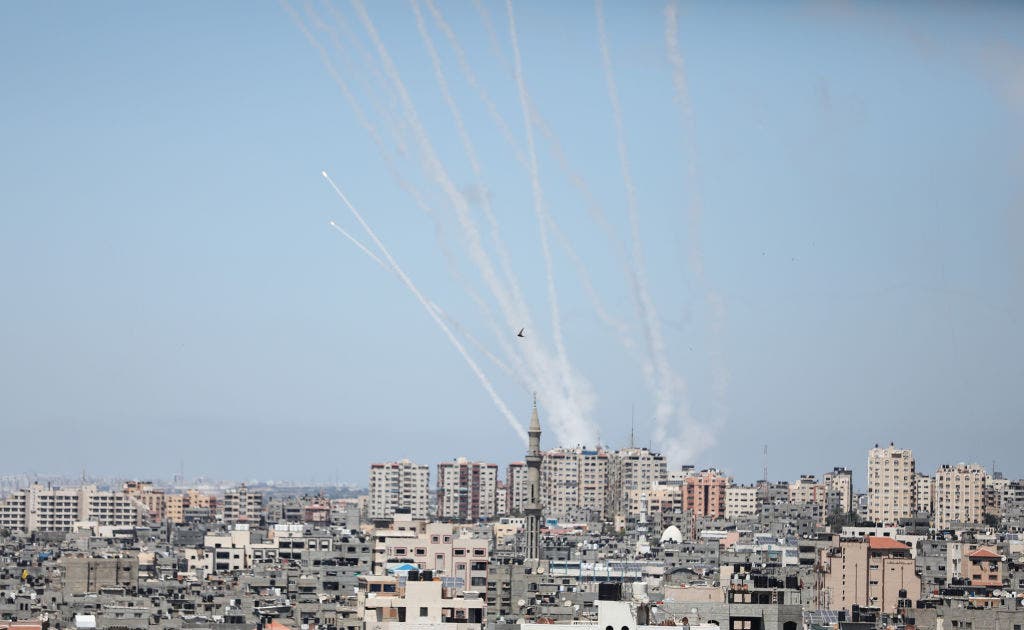
Hamas terrorists launched a barrage of rockets into Israel on Sunday, with roughly a dozen of them being fired from the hotly contested city of Rafah.
Israel’s Iron Dome successfully intercepted the majority of the rockets, with alarms sounding in Tel Aviv and other major cities. The strike comes as Israeli forces are increasing operations in and around Rafah, what Israel says is the final major stronghold for Hamas in Gaza.
Hamas took responsibility for the barrage and argued it was retaliation for “Zionist massacres against civilians.”
Israel has faced growing international pressure to cease its operations in Rafah, which plays host to roughly 1.5 million displaced Gazans. Israel encouraged civilians in the region to leave areas where they conducted military operations against Hamas in an effort to minimize civilian casualties.
GROWING CONTROVERSY OVER BIDEN’S GAZA PIER FUELS CONCERNS OVER COST, SECURITY
Hamas terrorists launched a barrage of rockets into Israel on Thursday, with roughly a dozen of them being fired from the hotly contested city of Rafah. (Getty Images)
Rafah lies on the border with Egypt and had served as a major artery for humanitarian aid. Israel took control of the Gazan side of the border this week, however, and Egypt responded by refusing to allow further aid through.
US MILITARY CONSTRUCTS HULKING METAL PIER AMID BIDEN’S $320 MILLION GAMBLE TO GET AID INTO GAZA
Egypt refuses to reopen its side of the Rafah crossing until control of the Gaza side is handed back to Palestinians. It agreed to temporarily divert traffic through Israel’s Kerem Shalom crossing, Gaza’s main cargo terminal, after a call between President Biden and Egyptian President Abdel-Fattah el-Sissi.
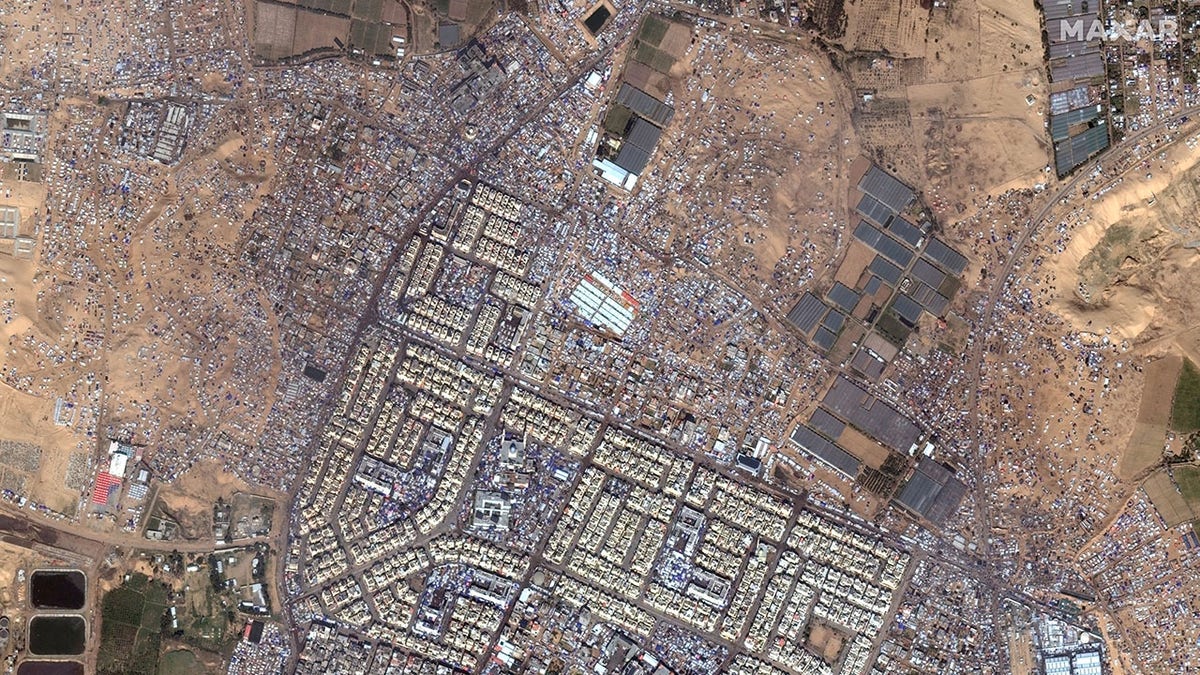
Rafah, pictured here, lies on the border with Egypt and had served as a major artery for humanitarian aid. Israel took control of the Gazan side of the border this week, however, and Egypt responded by refusing to allow further aid through. (Reuters/Maxar Technologies)
Hundreds of aid trucks traveled through Israel’s Kerem Shalom crossing this weekend, but United Nations workers say they have had difficulty accessing the aid due to heavy fighting nearby.
The new aid agreement comes as a “floating pier” created on the Gaza coast by the U.S. suffered damage this weekend. The pier remains mostly operational, but four vessels that had served to stabilize the pier were detached due to rough weather.
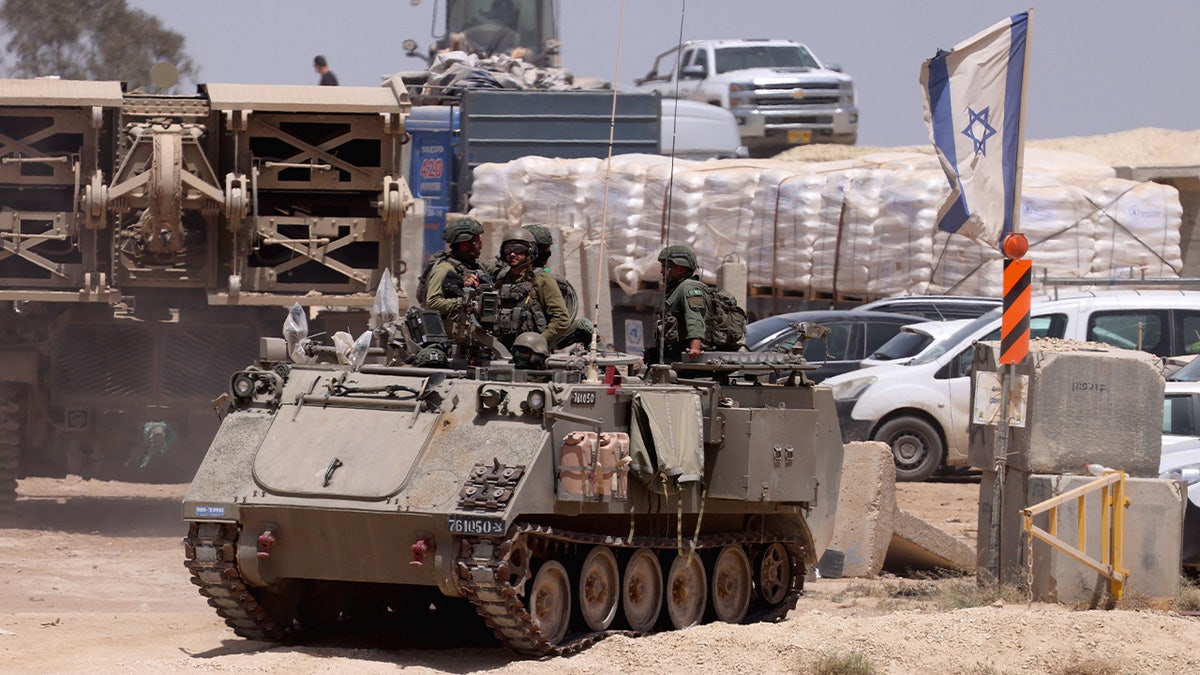
Israeli military vehicles along the border with Gaza on April 24, 2024. (Jack Guez/AFP via Getty Images)
The U.S. spent roughly $320 million constructing the pier, which has been a conduit for aid from the U.S. and other countries. While the pier has been used to transfer roughly 569 metric tons of aid into Gaza, as of last week none of that aid had been delivered to Palestinians, the Pentagon confirmed.
The Associated Press contributed to this report
World
Macron pays Germany a state visit for the first time in 24 years
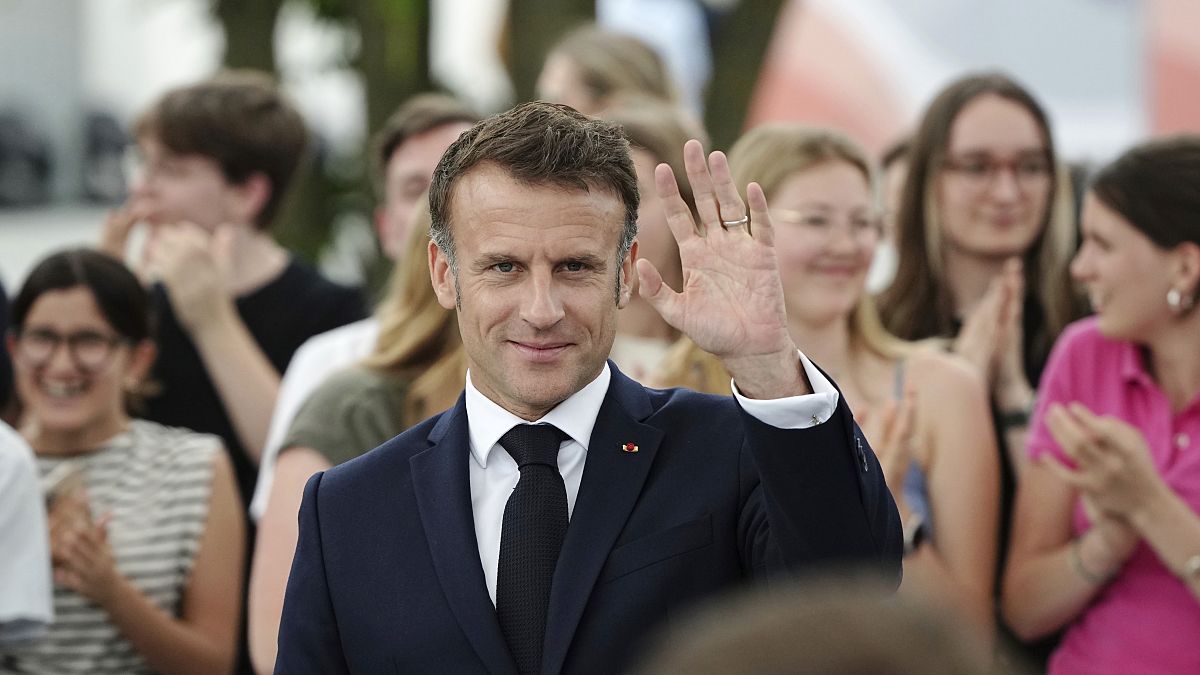
Germany and France, the EU’s largest economies, have long been seen as the driving force of European integration, despite occasional policy differences.
For the first time in 24 years, a French president has paid a state visit to Germany.
President Emmanuel Macron arrived on Sunday for a three-day trip, intended to emphasise the strong ties between the European Union’s leading powers.
Initially set for last July, the visit was postponed due to riots in France following the police killing of a 17-year-old.
While Macron is used to visiting Germany to coordinate EU and foreign policy, this is the first state visit with full ceremonial honours since Jacques Chirac’s visit in 2000.
Macron and his wife, Brigitte, were hosted by Germany’s president, Frank-Walter Steinmeier, as Germany celebrates the 75th anniversary of its post-World War II constitution.
Steinmeier put on a state banquet for Macron at Bellevue Palace in Berlin Sunday evening.
On Monday, the two presidents will travel to Dresden, where Macron will deliver a speech.
They will visit then Muenster in western Germany on Tuesday.
The state visit will conclude with a meeting between Macron, German Chancellor Olaf Scholz, and ministers from both countries at a government guest house outside Berlin.
Germany and France, the EU’s largest economies, have long been seen as the driving force of European integration, despite occasional policy differences.
This was evident earlier this year when the two countries had differing positions on whether Western countries should rule out sending troops to Ukraine.
Macron did not rule out putting boots on the ground in Ukraine, though Scholz quickly distanced himself from these remarks.
Nonetheless, both nations remain strong supporters of Kyiv.
-

 Movie Reviews1 week ago
Movie Reviews1 week agoIs Coppola’s $120M ‘Megalopolis’ ‘bafflingly shallow’ or ‘remarkably sincere’? Critics can’t tell
-

 World1 week ago
World1 week agoTaiwan grapples with divisive history as new president prepares for power
-

 Crypto1 week ago
Crypto1 week agoVoice of Web3 by Coingape : Showcasing India’s Cryptocurrency Potential
-

 Politics1 week ago
Politics1 week agoTrump predicts 'jacked up' Biden at upcoming debates, blasts Bidenomics in battleground speech
-

 News1 week ago
News1 week agoA bloody nose, a last hurrah for friends, and more prom memories you shared with us
-

 News1 week ago
News1 week agoVideo: A Student Protester Facing Disciplinary Action Has ‘No Regrets’
-
/cdn.vox-cdn.com/uploads/chorus_asset/file/24038601/acastro_STK109_microsoft_02.jpg)
/cdn.vox-cdn.com/uploads/chorus_asset/file/24038601/acastro_STK109_microsoft_02.jpg) Technology1 week ago
Technology1 week agoMicrosoft’s Surface AI event: news, rumors, and lots of Qualcomm laptops
-

 World6 days ago
World6 days agoPanic in Bishkek: Why were Pakistani students attacked in Kyrgyzstan?










